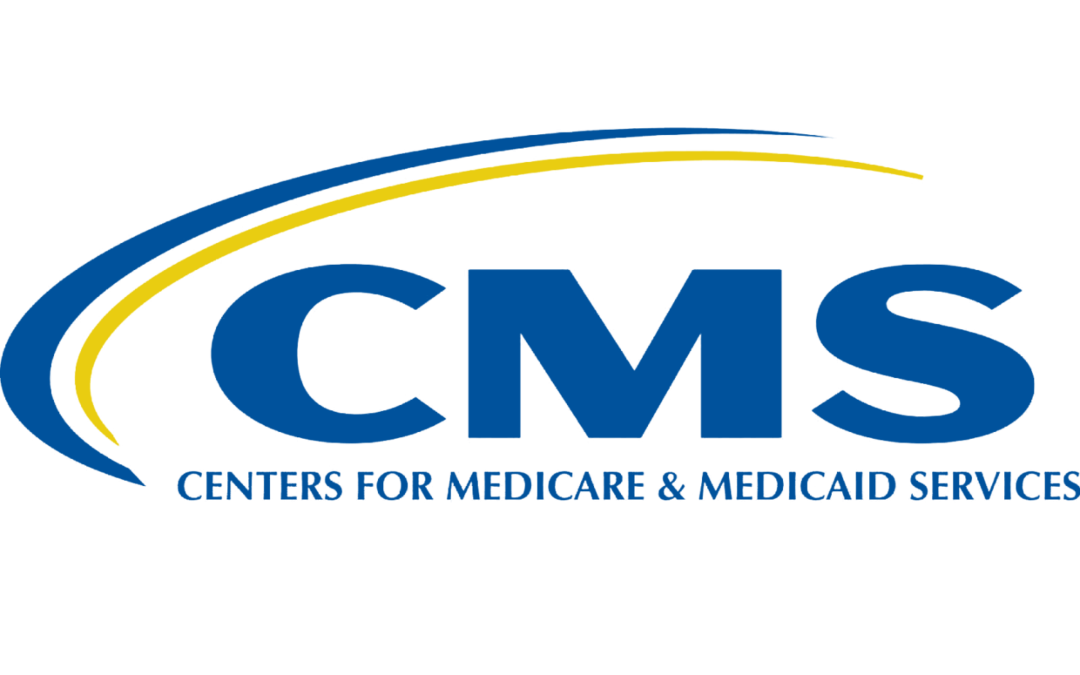The Centers for Medicare & Medicaid Services (CMS) released a Request for Information seeking public comment on the Medicare Advantage program. The goal of this program was described as, “more equitable, high quality, and person-centered care that is affordable and sustainable.” That is code for, “a way to limit over-use and even appropriate use of services via a prior authorization (PA) program that implements the restrictions of private payer policies.” I don’t know about you, but I have given up even trying to get a PA for certain advanced therapeutics. I once complained to a CMS official about the fact that the MA plans only pay for specific cellular and/or tissue-based products (CTPs) and that if I did not have access to those, the patient got nothing. The CMS official said, “They cover something so that is sufficient.”
Furthermore, many MA plans do not cover facility fees in the hospital-based outpatient department, so a compression wrap or debridement can be so expensive that I essentially can’t care for the patient. I start to go into a room and the nurse gives me the list of services we can’t provide because they are too expensive. Patients tell me they are receiving solicitation calls telling them that traditional Medicare is no longer available and that they MUST choose an MA plan. I provided long-term, cost-effective care management for an elderly man with an above-knee amputation on one side and severe lymphedema of the other leg. We managed to keep his lymphedema under sufficient control with a minimum of follow-up visits (and many donated products), thus preventing repeat hospitalizations. He had about a third grade reading level and was talked into an MA plan by a slick salesman. I was not on the list of approved providers and I have no idea what happened to him, but I suspect it was not good. He had no idea that the plan he had agreed to meant that he would not be able to come to the wound center anymore.
Patients have even posted blogs detailing the way that their wound care out-of-pocket costs skyrocketed with MA plans, because there were so many things that were not covered. (see links below)
CMS encourages the public to submit comments to the Request for Information stating that, “Feedback from plans, providers, beneficiary advocates, states, employers and unions, and other partners to this Request for Information will help inform the Medicare Advantage policy development and implementation process.”
I definitely think Wound care patients and practitioners should comment on the way that MA plans affect access to wound management services.
The Request for Information can be accessed from the Federal Register.
Check out these previous posts – Tales of the Medicare Disadvantaged
- Another Tale of the Medicare Disadvantaged: MA Prior Authorization is Needed for the Skilled Home Health Agency to Get Wound Dressings – It’s a Joke, Right?
- Medicare Disadvantage Strikes Again – No Skilled Home Health Services?
- Tales of the Medicare Disadvantaged #2
- Tales of the Medicare Disadvantaged #1
- Decreasing the Disadvantages of Medicare Advantage Plans When Patients Need a Cellular Product
- A Patient’s Perspective on Choosing a Medicare Prescription Drug Plan
- “Do It Yourself” Wound Care

Dr. Fife is a world renowned wound care physician dedicated to improving patient outcomes through quality driven care. Please visit my blog at CarolineFifeMD.com and my Youtube channel at https://www.youtube.com/c/carolinefifemd/videos
The opinions, comments, and content expressed or implied in my statements are solely my own and do not necessarily reflect the position or views of Intellicure or any of the boards on which I serve.



